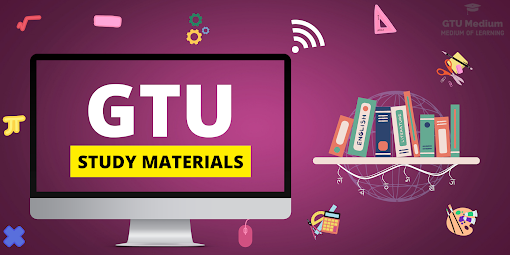.png)
Syllabus Content
Unit-1: Module-1
Fundamentals of Digital Systems and logic families Digital signals, digital circuits, AND, OR, NOT, NAND, NOR and Exclusive-OR operations, Boolean algebra, examples of IC gates, number systems-binary, signed binary, octal hexadecimal number, binary arithmetic, one’s and two’s complements arithmetic, codes, error detecting and correcting codes, characteristics of digital ICs, digital logic families, TTL, Schottky TTL and CMOS logic, interfacing CMOS and TTL, Tri-state logic
Unit-2: Module-2
Combinational Digital Circuits Standard representation for logic functions, K-map representation, and simplification of logic functions using K-map, inimization of logical functions. Don’t care conditions, Multiplexer, De-Multiplexer/Decoders, Adders, Subtractors, BCD arithmetic, carry look ahead adder, serial adder, ALU, elementary ALU design, popular MSI chips, digital comparator, parity checker/generator, code converters, priority encoders, decoders/drivers for display devices, QM method of function realization
Unit-3: Module-3
Sequential circuits and systems A 1-bit memory, the circuit properties of Bistable latch, the clocked SR flip flop, J- K-T and D types flip flops, applications of flip flops, shift registers, applications of shift registers, serial to parallel converter, parallel to serial converter, ring counter, sequence generator, ripple(Asynchronous) counters, synchronous counters, counters design using flip flops, special counter IC’s, asynchronous sequential counters, applications of counters
Unit-4: Module-4
A/D and D/A Converters Digital to analog converters: weighted resistor/converter, R-2R Ladder D/A converter, specifications for D/A converters, examples of D/A converter ICs, sample and hold circuit, analog to digital converters: quantization and encoding, parallel comparator A/D converter, successive approximation A/D converter, counting A/D converter, dual slope A/D converter, A/D converter using voltage to frequency and voltage to time conversion, specifications of A/D converters, example of A/D converter ICs
Unit-5: Module-5
Semiconductor memories and Programmable logic devices. Memory organization and operation, expanding memory size, classification and characteristics of memories, sequential memory, read only memory (ROM), read and write memory(RAM), content addressable memory (CAM), charge de coupled device memory (CCD), commonly used memory chips, ROM as a PLD, Programmable logic array, Programmable array logic, complex Programmable logic devices (CPLDS), Field Programmable Gate Array (FPGA)
Examination Scheme (in marks)
| Theory ESE (E) | Theory PA (M) | Practical ESE Viva (V) | Practical PA (I) | Total |
|---|---|---|---|---|
| 70 | 30 | 30 | 20 | 150 |
| Notes | Download |
|---|---|
| Digital Fundamentals (Darshan Notes) | Click Here |
| Fundamental Digital System | Click Here |
| Combinational Digital Circuit | Click Here |
| Sequential Circuit and System | Click Here |
| A/D and D/A Converters | Click Here |
| Semiconductor Devices | Click Here |
Book PDF | Digital Fundamentals | SEM 3
| Notes | Download |
|---|---|
| Digital Fundamentals (Darshan Notes) | Click Here |
| Digital Fundamentals (M.Morris Mano) | Click Here |
| Digital Fundamentals (Technical Book) | Click Here |
IMP's and Question Banks | Digital Fundamentals | SEM 3
| Question Banks | Download |
|---|---|
| DF Imp Questions | Click Here |
| DF Imp Question 2 | Click Here |
GTU Old Papers | Digital Fundamentals | SEM 3
| Year(Winter/Summer) | Question Paper |
|---|---|
| Winter 2021 | Click Here |
| Winter 2020 | Click Here |
| Winter 2019 | Click Here |
| Summer 2020 | Click Here |
Course Outcome
- Understand working of logic families and logic gates
- Design and implement Combinational and Sequential logic circuits
- Understand the process of Analog to Digital conversion and Digital to Analog conversion
- Be able to use PLDs to implement the given logical problem
GTU MEDIUM does not own this book/materials, neither created nor scanned. we provide the links which are already available on the internet. For any quarries, a Disclaimer is requested to kindly contact us, We assured you we will do our best. We DO NOT SUPPORT PIRACY, this copy was provided for students who are financially troubled but deserve to learn. Thank you

